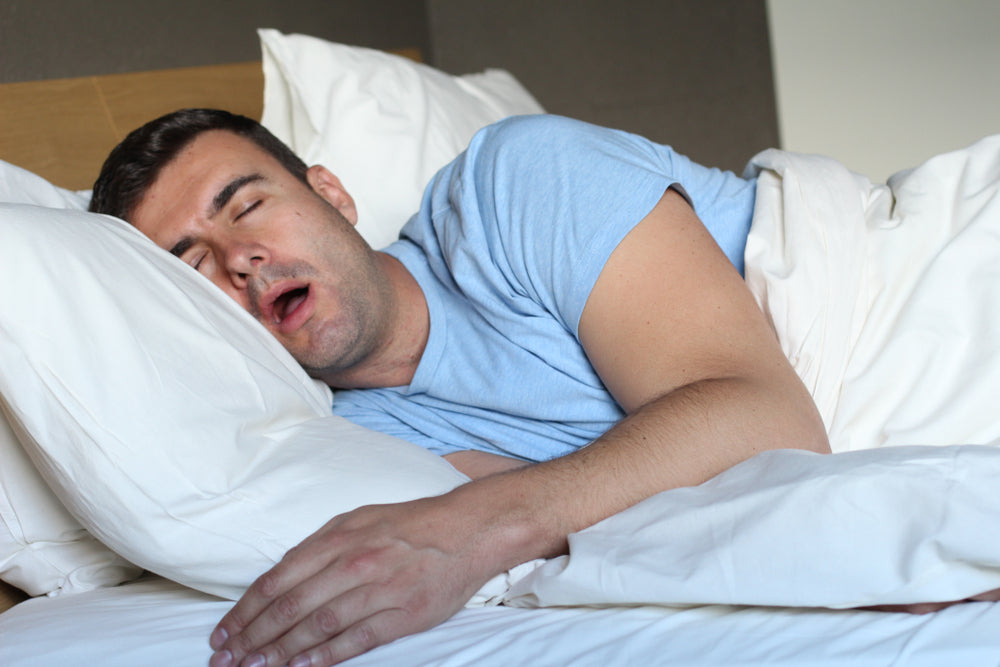An at-home sleep study is a great option for anyone who believes they may be suffering from a sleep disorder, especially if the suspected disorder is sleep apnea. Though in-lab sleep studies are viable options for many, they are known for being expensive, uncomfortable, and anxiety-inducing because of the unknown surroundings and challenging conditions. Opting for a home sleep study means that you can measure your breathing alongside other sleep factors and get the diagnosis you need to start treatment sooner. Let’s debunk some home sleep study myths:
Aren’t Home Sleep Tests Inaccurate and Unreliable?
False. Home sleep tests have come a long way and measure a series of biometric data that are then reviewed by board certified sleep physicians to give you a clear understanding of your sleep quality. An at-home sleep test will measure everything from blood oxygen saturation and breathing patterns to breathing depth, heart rhythms, snoring, and even body position. Because home sleep studies give you the option to undergo monitoring from the comforts of home, it is imperative that you follow the sleep study directions to avoid user error. You need to ensure that all the monitoring tools are attached correctly to get the best results possible.
Doesn’t It Not Measure What I Need?
Your sleep study device has three sensors that will monitor your sleep and aggregate data throughout the night. A small nasal tube will measure airflow and breathing patterns, an adjustable belt will monitor respiratory effort and body position, and a finger sensor will track your blood oxygen saturation and heart rate.
At-home sleep studies are a great option for those who suspect they may have sleep apnea, a chronic condition where your body experiences airflow obstructions during sleep that can deeply impact sleep duration and quality. If you suspect that you may have a more anomalous sleep condition, like narcolepsy or restless leg syndrome (RLS), you may need an in-lab sleep study. But, for the common sleep apnea sufferer, an in-home sleep test will measure all the biometric data needed to get a clear diagnosis.
How Do I Know My Results Are Accurate?
After you’ve completed your home sleep test, you’ll send back the testing kit and a board certified sleep physician will review and interpret your biometric data. The physician will consider factors like blood oxygen saturation, breathing patterns, respiratory effort, body position, heart rhythms, and any obstructions or breathing stops. Using this information, the physician will create a full report of your sleep as well as a diagnosis if you are suffering from some level of sleep apnea. Once your results come back to you, you’ll be contacted by your sleep test provider who will review your results with you, answer any clarifying questions you may have, and go over your treatment options.
If you are diagnosed with sleep apnea, the most effective and common form of treatment is an automatic positive airway pressure or AutoPAP machine. Other obstructive sleep apnea treatments include continuous positive airway pressure or CPAP machines, dental appliances, weight loss, or surgery.
Home Sleep Tests are an accurate and effective tool for diagnosing sleep apnea without the cost or discomfort of a lab test. Getting the answers you need is the first step towards getting better quality sleep for a better quality of life. It is imperative that you closely follow instructions so you can ensure proper placement and activation of the equipment, resulting in accurate data collection. By following instructions closely, you can avoid common errors and get the most accurate results possible.

